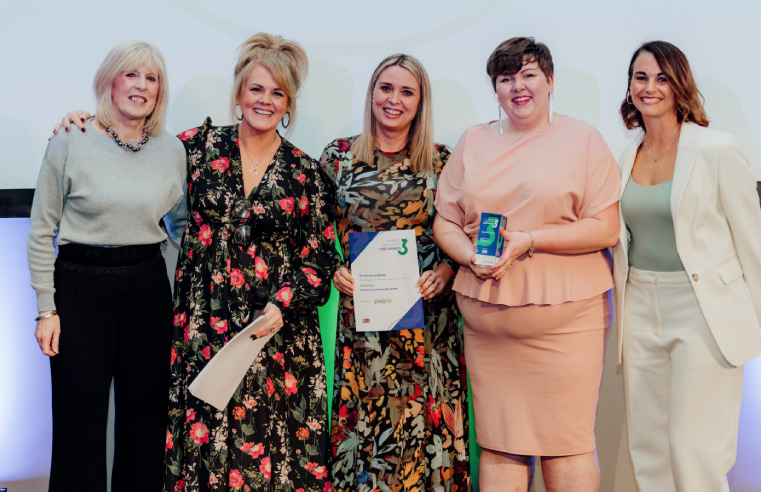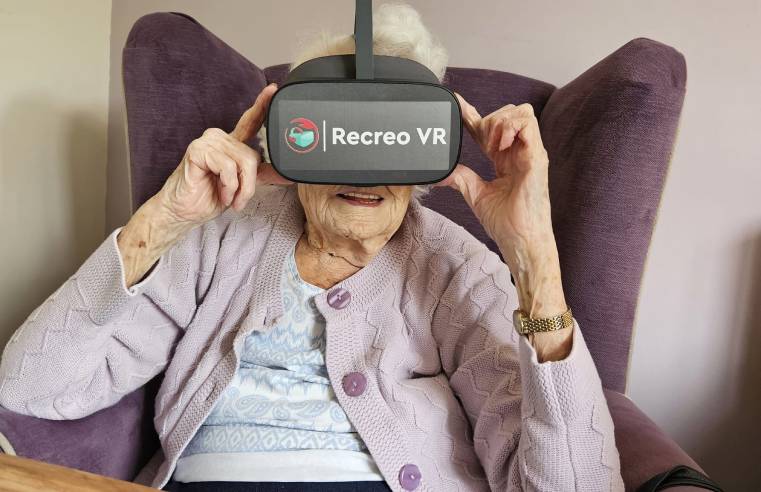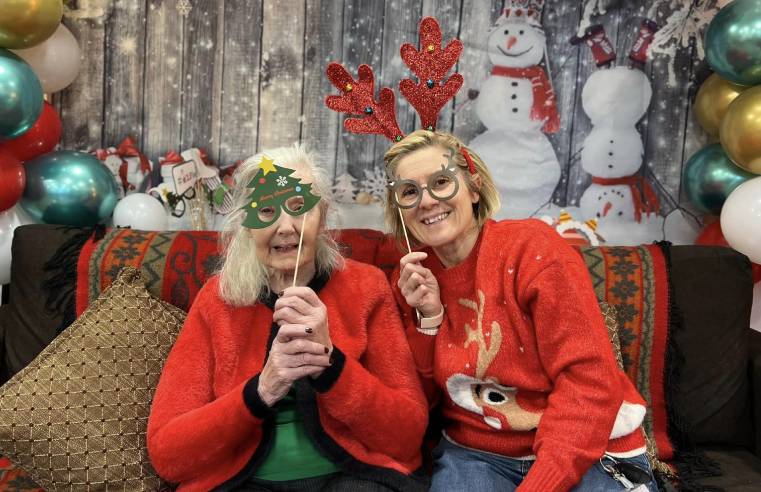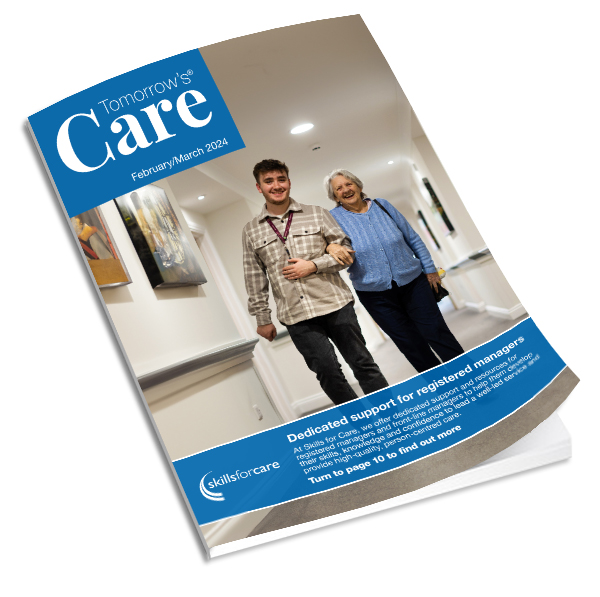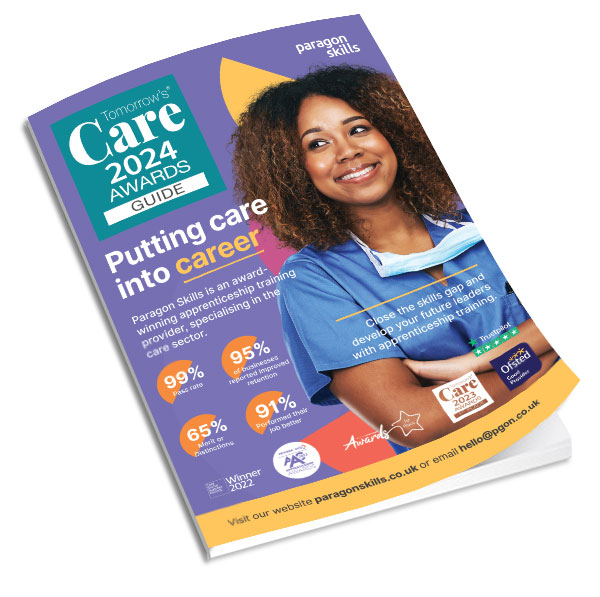Research conducted by academics at the University of Hertfordshire has outlined new approaches to care for people diagnosed with young onset dementia.
There are currently around 42,000 people under the age of 65 living with young onset dementia (YOD) in the UK. Their support needs are different to the care required by older people. However, little is known about what should be put in place to provide age-appropriate care.
In order to understand how services could be improved, academics from the University of Hertfordshire ran discussion groups to explore perceived service priorities with people with (or with experience of) YOD. They also conducted a literature review, focusing on services available for people affected by YOD. Of the 31 discussants, 11 had a diagnosis of YOD and 20 were spousal caregivers. Academics also interviewed representatives of service providers. Findings of this study were published in Dementia: The International Journal of Social Research.
The research found the best way to improve services for younger people with dementia is for people affected by YOD to work closely with service providers to co-design and co-ordinate support that is locally sustainable.
Michael Walker, Old Age Psychiatrist at the NHS’ Hertfordshire Partnership Foundation Trust and co-author on the paper, commented on the challenges of providing age-appropriate care for people diagnosed with YOD: “In the past we’ve been unsuccessful in trying to recreate services for older people to look the same but with a younger patient group. One challenge is the relatively small number of younger people with dementia in a given locality, another is how to keep up a group for younger people with dementia when the original members may no longer be so young. We need to look at how services can work together to ensure a consistency of service for those diagnosed with young onset dementia.”
There were suggestions that charities and service centres could act more as a catalyst for self-organisation of peer support groups, as well as a safety net for those who struggled to make connections.
Dr Andrea Mayrhofer, Senior Research Fellow in Dementia Care at the University of Hertfordshire, said: “The support currently available is designed for individuals who develop dementia much later in life, and is largely unsuitable for younger people who are physically fit, active, and carry financial responsibilities for children and/or an older parent. Age, therefore, is a factor when designing support for younger people diagnosed with dementia as the challenges they face are very different to those of older individuals. Interviews with service providers showed that some good quality age-sensitive services are being offered, but often only regionally and therefore not accessible more widely for younger people with dementia.”
The research also highlighted issues relating to specific service provision; service providers outlined difficulties in delivering services specifically for people with YOD and their carers.
www.herts.ac.uk
YOUNG PEOPLE WITH DEMENTIA NEED NEW APPROACHES TO CARE

Published on 27/11/2018
Related News
Categories
- CQC ratings
- Care home news
- Care jobs
- Care planning
- Care sector awards
- Care sector events
- Care sector news
- Care staff
- Charity
- Cleaning & Hygiene
- Construction
- Dementia
- Disability
- Entertainment
- Finance
- Fitness
- Food & Drink
- Fundraising
- Furniture
- Health & Safety
- Healthcare
- Hospice & Palliative Care
- Hospitals
- Industry Comment
- Interiors
- Laundry
- Legal
- Leisure
- Medication
- Mental Health
- Mobility
- New appointments
- PPE
- Products
- Property
- Recruitment
- Relationships
- Research
- Safeguarding
- Security
- Services
- Social care
- Sustainability
- Technology
- Training
- Transport
- Uniforms
- Waste
- Wearables





